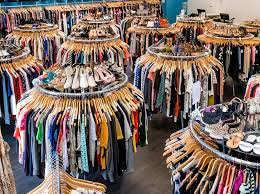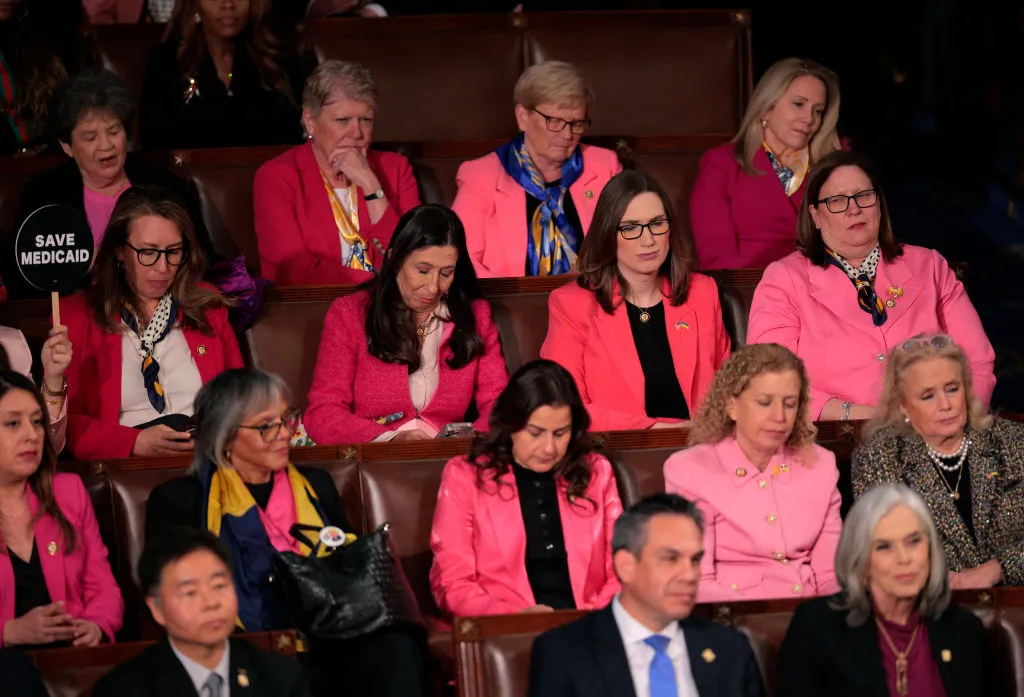
Clothing has been resold for many years, ever since the internet has existed and even before in real life. These days, people on secondhand clothing apps or online thrift stores like Depop, Poshmark, mercury, and eBay have been overpricing their clothes for sale like crazy. Some people even feel that resellers are taking advantage of limited supply and increasing prices, making it harder for regular buyers to find affordable items. It can be frustrating when someone is looking for something specific; it is not worth that much money or the quality can be better, but it’s being resold for a much higher price.
It’s also important to remember that not all retailers are engaging in unfair practices like reselling cheap or thrifted products for a high amount. Some resellers provide a valuable service by sourcing unique or hard-to-find items that may not be readily available elsewhere. These shops try to find items like these and make them accessible to others online or in real life who don’t have the time or resources to do so themselves.
There are a lot of instances in which resellers exploit the system, which could be going to cheap thrift stores, finding products, and selling them from $50- to more than $100, no matter their worth. Vox.com supports this point by explaining how “Sellers are incentivized to mark up their prices, even if the listed amount is unrealistically high.” Most of the time, resellers get their clothes from thrift stores like Goodwill, Salvation Army, Savers, or any thrift store that could be local or popular that sells clothes for a cheap price. A controversial opinion on this topic could be that these resellers are taking advantage of the low prices of thrift stores and that some people need these clothes more than these resellers do. Some thrift stores are even starting to increase the prices of their products because of resellers. The effect of thrift stores doing this and raising their prices due to resellers does anger a lot of people, and it can leave a negative impact on more poverty-stricken communities and households; thrift stores can be one of the only options for good clothes that parents in those households want to get for their children.

Overpricing is a massive part of the hatred for resellers, but sometimes, it’s not just resellers doing the overpricing. There are also drop shippers. Dropshipping is when someone buys a cheap product; for example, someone could buy some cheap hair clips from Aliexpress, Temu, etc. (a fast fashion brand) and resell it online for two or more times the price of what they bought. Another example of overpricing is when some brands with low-quality clothing or products overprice what they sell. Linkedin.com explains how if you pick any brand such as Zara, Ralph Lauren, Levis, Supreme, etc, they have dramatically high prices for almost everything. The fashion industry has smartly raised the bars of stylish and expensive couture. This website also explains how sometimes big brands sell absolutely anything at high prices under the tag of their signature brand. This supports the point that the quality doesn’t matter; some brands overprice their products just because they are their brand.







